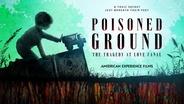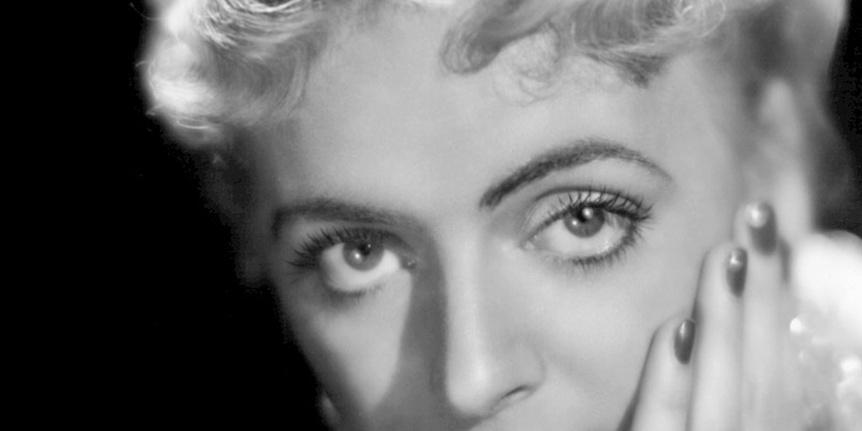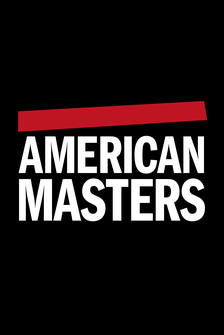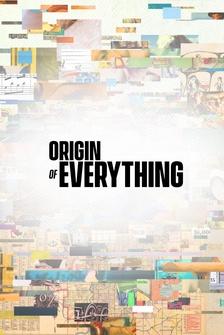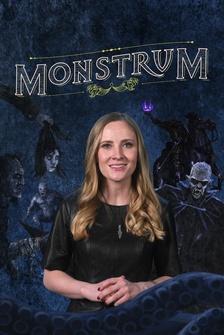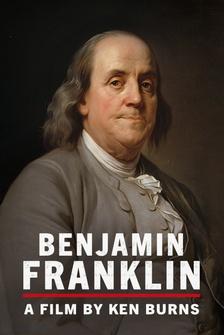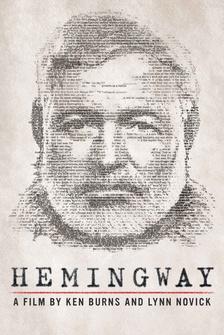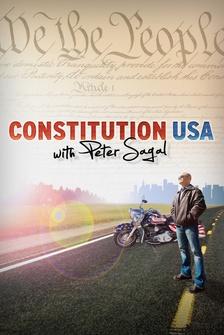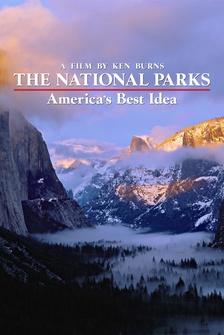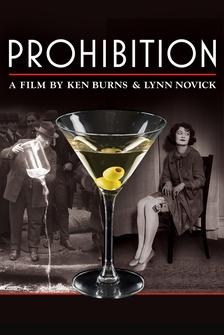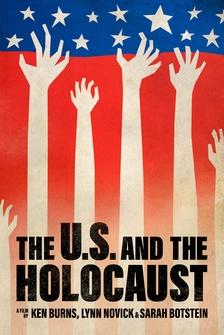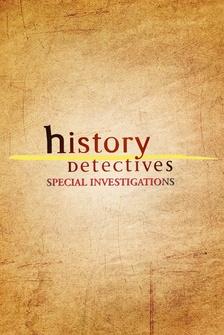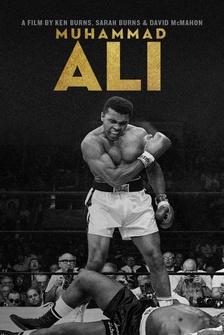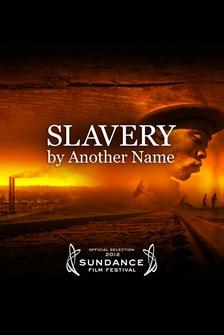ARTHUR TRACY: I want to say something.
I'm sure that God is not going to send me to hell, because I found it here on Earth.
(crowd laughing and applauding) I'm 65 years old, almost.
I'm sick and tired of being a yo-yo, pulled this way, pulled that way, pulled the other way!
(crowd cheers and applauds) Now, somebody's gonna say to me, "What do you want, Mr. Tracy, after 35 years in this Love Canal?"
Well, I'll tell you what I want.
Just give me my 28.5 that you appraised my house for.
WOMAN: All right!
TRACY: All I want is my 28.5, and give it to me tonight, and I'll go down that road, and I'll never look back at the Love Canal again!
(crowd cheering and applauding) CROWD (chanting): We want out!
We want out!
We want out!
We want out!
We want out!
We want out!
♪ ♪ BONNIE CASPER (stammers): It was hard to believe.
This could not happen in the United States of America.
REPORTER: For years, the Love Canal Homeowners Association has cited evidence of significant health problems in the neighborhood.
REPORTER 2: Birth defects and miscarriages.
REPORTER 3: Severe migraine headaches.
REPORTER 4: Respiratory disease.
WOMAN: Already eight cases of cancer on a 15-house street.
WOMAN 2: I thought I just had problems with my one daughter, and we just found out in January our other one has rheumatoid arthritis.
We have hearing problems with all the children.
Uh, the baby, he has a deformed foot, so it's just, it's just constantly, still, running to the hospitals and children's hospital... CASPER: People were talking about how they were ill, but nobody exactly knew why they were so ill, or why so many people were so ill. REPORTER: Now, a quarter of a century after it went in, chemical waste is coming out of the ground, and it's... AMY HAY: People had no idea that they were living on top of 22,000 tons of toxic chemicals.
REPORTER: Health experts found more than 80 dangerous chemicals oozing to the surface.
JENNIFER THOMSON: All of a sudden, on a dime, everything blows up.
More people are sick.
There's, you know, black sludge coming into their homes.
REPORTER: The family is afraid to even go in the basement because of high readings of an explosive chemical called toluene.
RICHARD NEWMAN: Love Canal was the first chemical disaster to unfold before Americans' eyes.
LOIS GIBBS (archival): We are dying, literally dying, from benzene.
We're getting cancers from all these other compounds.
Now you're talking about nerve gas-- there's just no way... (in interview): It's much worse than I even imagined.
Certainly much worse than what the government is saying.
Can you tell me when I'm not gonna lose any more children, because one is already dead?
Please tell me those things.
PATTI GRENZY: It really hit it home for us that, at this point, we're on our own.
We have to make this happen.
They're not gonna do it for us.
So, that spurred me to want to do something.
We've got to do something.
I mean, the fight came to us.
We didn't look for it.
Each and every one of you in this room are murderers.
You're a bunch of sick, sadistic people!
PATTI GRENZY: They looked at us as hysterical housewives, and they figured, "Oh, well, they'll give up.
"They'll go back to their knitting, and to their babies, and this will blow over."
But we were stronger than that.
♪ ♪ NEWMAN: This incredible group of women become the faces of environmental reform.
But there was absolutely no road map.
BARBARA QUIMBY: I'm sick of being a guinea pig.
I want out.
Test me later, but my God, get me out now and my kids.
THOMSON: The fear was that it could happen to all of us.
And the thing was, it was happening to other people, in places throughout the country.
REPORTER: The Love Canal is merely the tip of a dangerous and terrifying chemical iceberg.
I am not moving until I get an answer why.
(in interview): I wasn't thinking about building a movement or anything like that.
I was thinking about survival.
(crowd jeering) How do we get out of here?
We need to do something, and I don't care what it takes.
(projector whirring) ♪ ♪ QUIMBY: It was just such a nice neighborhood.
To a child, oh, my goodness, we had fun there.
A lot of times, we would just be more near the school, playing baseball or something, but we always ended up where the, what we called the Black Lagoon.
(camera shutter clicks) PATTI GRENZY: On the surface, it had, like, an oily substance to it, like, a, a green and a blue.
(shutter clicks) And if you dropped something into it, it would bubble up and sink.
So we called it quicksand.
QUIMBY: It was like a wonderland.
We had these rocks that we called pop rocks.
And we used to just slide them across, and they would actually have a flame.
It was like fire.
And, oh, I remember, my mother always yelled about our shoes.
This one time, she had bought me new sneakers.
And I came home, and she said, "What?
It looks like your sneakers are burnt.
"What happened to all the rubber around it?
"You're not getting new sneakers.
What are you doing?"
"I'm just playing at the school."
(laughing): I mean, nobody went and investigated and said, "Why are these shoes burnt?"
♪ ♪ GIBBS: I found the house on 101st Street, the one in the Love Canal neighborhood.
It was starter homes for the most part.
(dog barking in distance) And it was the perfect neighborhood, from my perspective.
It had the Niagara River to the south.
To the north was a creek, and the kids could go and walk along the creek and pick up pollywogs, or... You know, it was just a cute, little, very shallow creek, good for children.
We moved in with Michael, who was one years old by then, a healthy little boy, and, and then we had our little girl.
(camera shutter clicking) I really believed I achieved so much.
I had this house and a husband who was gainfully employed and these beautiful children.
Everything seemed to be fine.
DEBBIE CERRILLO CURRY: Love Canal was government-subsidized.
My husband wasn't making very much money, and they made that a very tasty little deal to move into.
We paid $135 a month to live in a brand-new home, which was really unusual.
I wasn't going to question it.
And so we felt quite lucky that we fell in at the right time.
I lived in Niagara Falls all my life.
And when I married, my husband was from Niagara Falls.
We had two boys.
We saw this beautiful brick house in Love Canal with one acre of land all around it.
And it sat on a creek, and it was just, it was just ideal, and we were thinking, "What a place to raise your children."
JANNIE GRANT-FREENEY: I moved to the development called Griffon Manor.
It was a brand-new housing project.
It's a beautiful place.
Flowers, the grass was green.
There was, like, a little pond that the kids used to play in, and had trees and all of that, and they would swing on the branches and what have you.
CAROL JONES: We had a small yard in the front, and in the back, we would see-- I'm gonna call it water-- but swampland that just looked oily.
(slide shifts) At times, it smelled like burnt rubber or a strong cleanser.
It was just a foul, foul odor.
Often, enough to choke you.
But we didn't pay that any attention.
It was normal to us to smell these smells.
(slide shifts) CURRY: People always knew when they were getting close to our home, because we had this horrendous smell behind our house.
Actually, the whole neighborhood.
REPORTER: The mailman even carries a gas mask on his delivery route.
MAILMAN: It smells like hell.
You got that one house at 510 99th Street.
It's one of the worst smells I ever had around here in a long, long time-- it's terrible.
